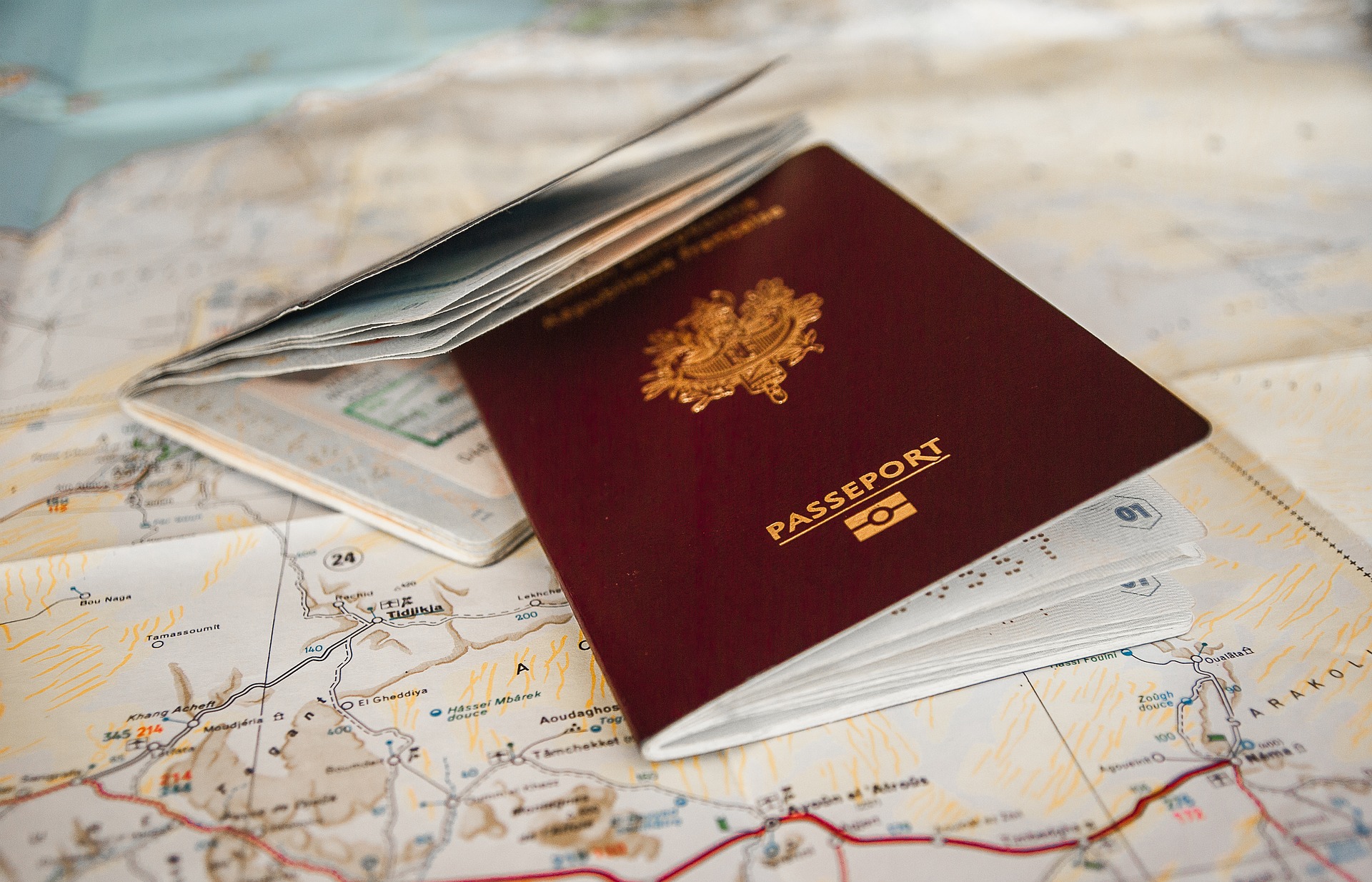The sense of community during the coronavirus pandemic has been incredible. Many people are staying indoors and isolating not for their own benefit but for the benefit of others. Frontline workers are enduring long hours in dangerous conditions so that they can keep supporting the country in this tough time. It appears as if every person in the country has contemplated at some point “what can I do to help?”. For some, it is as simple as donating to charity and isolating. For others, it is making homemade masks for those who need them. One family has done something a little unusual, they have started making flour.
As the virus rolls on some items are not appearing on shelves as quickly as they used to. This is because many factories are shut as a result of the coronavirus and some logistical operations are being interrupted. Pete Loosmore from Southern England who is in charge of a 1,000-year-old miller that is now a museum asked himself the same question that we all have: “What can I do to help?”
The answer was obvious. While he could do little about the shortage of flour nationwide he knew he could do something for the shops in his local area. As part of the museum tour that he runs, he would occasionally make a little flour to show how the process works. Because of the coronavirus he and his milling partner Imogen Bittner decided to make the mill full time operational again.
During the coronavirus, it clearly can’t function as a museum and it has the capacity to produce flour. UK millers have literally been in operation 24 hours a day to try and meet the demands that are currently taking place and every small action can help.
Loosemore has enjoyed bringing the mill back to full operation as well. It makes him proud to see how the mill operates as it would have in the time of his grandfather. In the last two weeks, it has produced more than all of last year. The mill has been in some form of operation since 1016 and is a historic monument, not a modern factory. Yet it is enough for Pete Loosemore and his partner to provide some meaningful assistance to the community.
In every country in the world, it has been the community spirit that has helped hold back the tide of the coronavirus. In Los Angeles gang members are helping their local communities by preparing food boxes. In the UK subsidies are being provided to all NHS workers to thank them for their sacrifice during this time. In some countries in the world ceasefires have been declared in areas of conflict so that the coronavirus doesn’t kill additional people from both sides.
Pete Loosemore’s efforts in the mill museum are a great example of how we need to think outside the box in this strange time. There is an imbalance at present. There are people who have enough to survive and have time to spare. There are people who have no time to spare and barely enough to survive. While governments are doing some work to help communities make it through this time we must also respond as a community. If you know of someone in need in your community try and help them. Take special care not to put at-risk individuals at higher risk of coronavirus but go to extra lengths to ensure that those who need help can get it. It may mean delivering some goods to the elderly who can’t go outside. It may mean calling people who are isolated just so they don’t feel lonely. Think outside the box and do something that can help in this strange time.






